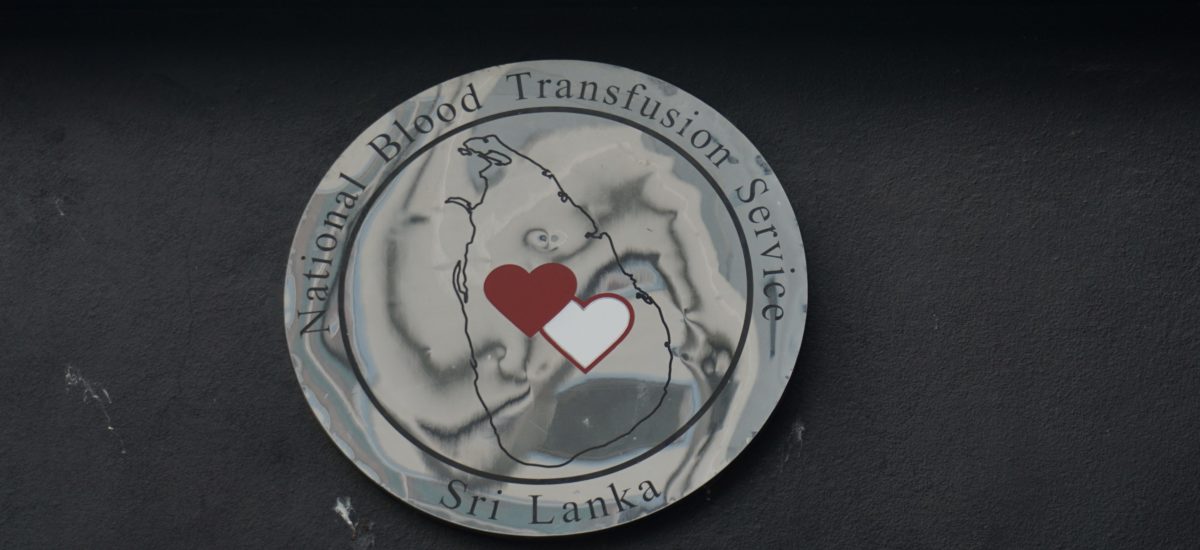On April 21, 2019, the doctors working at the National Blood Transfusion Services woke to chilling news. A series of suicide bomb blasts had occurred across the island. As of June 11, 254 people lost their lives. At least 500 more were injured.
“By 9 am, we knew what had happened. By 11 am, the Centre was full,” recalls Dr Senal Rupasinghe, Medical Officer in Charge of the Donor Section at the National Blood Transfusion Service.
Both mainstream and social media shared an appeal attributed to the National Blood Transfusion Service, calling for people to donate in aid of the victims of the Easter Sunday attacks. The Service said it could have managed with existing stocks.
Thousands responded to the call, flocking to blood banks across the island to donate. Over 3700 pints were collected across the island on Easter Sunday, Rupasinghe said. At the National Blood Centre on Elvitigala Mawatha, thousands had to be turned away, after the Centre had collected their contact details. They were asked to return and donate later, when the need was more pressing.
The real crisis came a few days later, when planned blood donation drives were cancelled due to the security situation. Smaller scale campaigns calling for donations from State institutions, the private sector and the tri-forces helped ensure that there was a steady supply for those in need, said Director of the National Blood Transfusion Service, Dr Lakshman Edirisinghe.
“Continuity is vital. After an incident like this, there will be many people injured. They need blood, and this is over and above the usual requirement that is needed,” he added.
Sri Lanka’s blood donations are entirely voluntary and unpaid. Easter Sunday was no exception. As the doctors recalled, people from all walks of life, and from all communities, came together to try to save lives.
Watch a short video, compiled for World Blood Donor Day, here, or scroll below.

